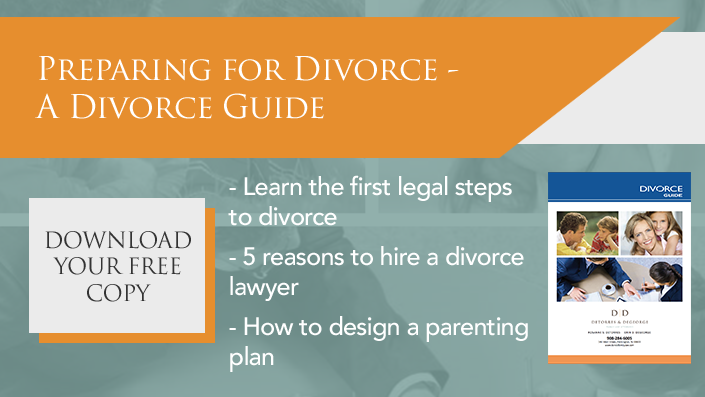 Often a divorcing couple’s most valuable asset is the marital home. In a divorce, couples are concerned about how to divide the equity in the home, which is the difference between what the home is worth and the outstanding mortgage on the home. To divide the equity, the house must either be sold or one of the parties can buy-out the other’s interest. If one spouse is keeping the home, the settlement agreement must be drafted to state that the party who is keeping the home will refinance the home into his or her sole name. It is a good idea to include a time frame for this to take place. Refinancing will pay off the existing mortgage and remove the name of the party who is not keeping the house from the obligation.
Often a divorcing couple’s most valuable asset is the marital home. In a divorce, couples are concerned about how to divide the equity in the home, which is the difference between what the home is worth and the outstanding mortgage on the home. To divide the equity, the house must either be sold or one of the parties can buy-out the other’s interest. If one spouse is keeping the home, the settlement agreement must be drafted to state that the party who is keeping the home will refinance the home into his or her sole name. It is a good idea to include a time frame for this to take place. Refinancing will pay off the existing mortgage and remove the name of the party who is not keeping the house from the obligation.
If your former spouse doesn’t refinance the house as agreed, there are a few things that you need to be aware of. First, there is no way to get your name off the mortgage except for paying it off- whether it be by refinance or selling the home. A mortgage company will not accept your settlement agreement and remove your name just because you and your ex agreed to that. If your ex was supposed to remove your name and has not done so within the agreed upon time frame, you should reach out to them to try to resolve the issue. If your ex indicates that they are not able to refinance, or do not intend to do so, you will need to seek the assistance of the Court to compel the refinance and or sale of the home.
Second, you should contact the mortgage company and make sure that your ex is paying the mortgage in full each month. Until the refinance is complete, your credit remains linked to that house and mortgage. Your ex holds the ability to destroy your credit by failing to pay the mortgage during the refinance period.
Finally, if your ex cannot refinance then the house should be sold. In many instances, the attorney drafting the settlement agreement included this provision as a fail-safe in the event of your spouse failing to refinance the home.
If you must file a motion in order to compel the sale of the home due to your ex’s failure to refinance, you may also want to ensure that your ex is made responsible for the payment of taxes and maintenance on the home pending the sale. Your settlement agreement may have already provided for this, but it is worth reinforcing. Their failure to do so may result in your ultimate share of the net proceeds being reduced.
Washington Post- How to remove your name from a house deed after divorce
If your ex is obligated to refinance the marital home and has not done so, the attorneys at DeTorres & DeGeorge can help. We routinely handle post-judgment issues such as these and will aid you in ensuring that your name is removed from the marital home. Call us today at (908) 284-6005 or (973) 264-4100 to schedule a consultation with one of our attorneys to discuss your post-judgment issues!


 START LIVE CHAT
START LIVE CHAT











